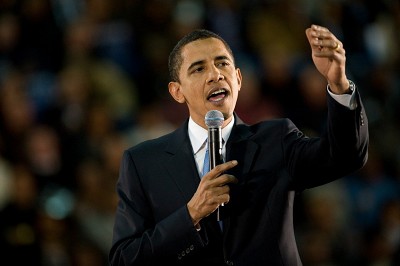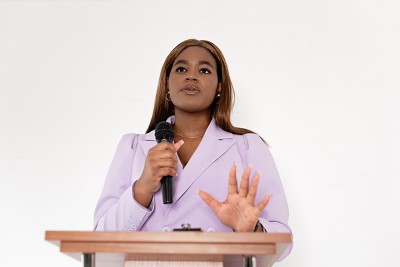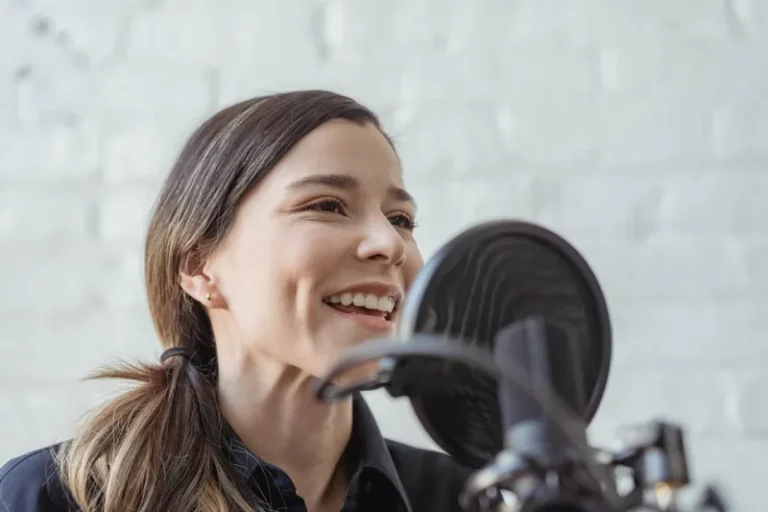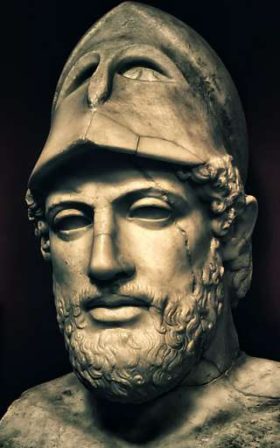The Purpose of Speech Explained
If you ever find it unnecessary, out of fashion, dull, or even have no idea what speeches are for, this article is undoubtedly for you. With each word of this article, you will understand the real purpose of the speeches, how they arose, and what usefulness they bring to our day-to-day lives.
What is a Speech?
According to the Michaelis dictionary, speech is the art of public speaking in an objective, structured and deliberate way; the ability to communicate clearly and accurately using a series of oratory techniques specific to this purpose.
Professionals from the most diverse areas have increasingly sought this capacity. For some, this may be an innate ability, but it is an aptitude that can and must be developed continuously for most.
The Purpose of Speech Explained
The purpose of Speech depends on the context in which a person speaks, it can be informative, expressive, instructive, and motivational and, mainly, to convince and influence people, regardless of the environment in which they are inserted.
There were also several cases in which oratory was adopted in a pernicious manner, motivating war and discord. Many dictators and heads of state took advantage of their discursive ability to call populations to hatred against their equals.
Activist and pastor Martin Luther King Jr. is an example of a leader that used a speech to spread a message of equal rights in the United States.
He won worldwide fame for speeches such as the “I Have a Dream” speech, being awarded the Nobel Peace Prize in 1964 for his significant contribution to combating racism without resorting to violence.
A Speech’s purpose can be to make one laugh or cry, inspire virtue or awaken the worst in people. Here’s a summary table with the ways in which speech can be used, with examples!
| Types of Speech | Purpose | Example |
| Persuade | We make others believe something that we hold in their appreciation. | Speaking to convince Parliament to legislate on fundamental importance or when we want someone to lend us their car. |
| Entertain | The speaker carefully prepares a short speech that stages and interprets recurring mechanisms usually humorous and alluding to unusual situations. | Stand-Up comedy is one of the best examples of a speech aimed at entertaining the audience. |
| Inspire and Motivate | The speeches of football coaches to their teams, for example, may involve a motivating dimension capable of changing the way the squad looks at itself and ultimately leading it to overcome. So it was with Martin Luther King or Nelson Mandela they inspired and simultaneously motivated the audience to think or act differently. | |
| Inform | Delivering a message to the public to be aware or acknowledge a group about it. In these speeches, it is notified, clarified, and made known. | So it is with press conferences or news that seek to enlighten citizens/supporters/consumers about any event. |
| Advocate a cause | Some speeches defend a cause, be it a social, environmental, political, or cultural cause; in speeches advocating a topic, we find persuasive communication that focuses specifically on convincing the audience from the speaker’s point of view. | An example is Al Gore at the Web Summit held in 2017 in Lisbon. Al Gore is an environmental activist invited worldwide to address global warming and warn of the need to change environmental policies for the planet’s sustainable future. Not only is it a form of standing up for yourself, but those who need a voice, one of which is to defend a cause, allows us to change social reality and inspire people. |
A speech not only has multiple purposes, but they are mostly interconnected.
The Importance of Speech
The ability to effectively use a speech is critical because it opens doors of opportunities for most individuals in their lives. Common examples are: standing out in work meetings, job interviews, inspiring people with graduation speeches, closing negotiations, sales, among many others.
Oratory is a powerful tool that can and has been used to convince or entertain an audience composed of one, ten, or hundred thousand people. Don’t take my word for it…
“Of all the talents bestowed upon men, none is so precious as the gift of oratory.”
Winston Churchill
Although delivering a speech is usually associated with political practice, it is wrong to assert that its use is necessary only in stands and mass speeches. Even for those who do not intend to pass a law in Congress or do not need to motivate the troops to a battle, it is worth the effort to familiarize themselves with the presentation of techniques.
It is impossible to predict when a presentation situation will happen; often, a potential customer or partner does not warn you before appearing. A critical work opportunity can arise at unexpected times.
Even the first dinner with the family of your partner requires the ability to speak well in public.
When these occasions occur, it is best to be prepared; letting the stomach chill, excessive sweating, and shivering get in the way of a presentation is a choice.
Anyone can use oratory to their advantage. And it all starts with a change of attitude: it is necessary to see the presentation situations as opportunities and no longer punishments.
In a world where people have less and less time, objectivity is a golden secret. After all, it is essential to summarize what needs to be said, giving a clear and straightforward message.

The Use of Speech in History
Throughout history, speeches have influenced people to combat injustice or show solidarity with others, comfort mourners, honor those who deserve it, and many other situations.
In short, addressing the public is an effective means of inducing it to virtuous action. It is in moments of tragedy and crisis that this characteristic stands out the most.
- In 1963, American pastor and political activist Martin Luther King Jr. vitalized the speech known as “I have a dream,” He made an emotional appeal for civil rights and equality to the black population of the United States.
To this day, his speech inspires those who fight for freedom and equal rights and is regarded as one of the most important examples of oratory in history. It is a fierce and inspirational oratory.
Please learn more about this legendary speech, by reading our piece here.
Conclusion
The purpose of giving a speech is unique and, at the same time Versatile, it has the role of conveying a message in various ways, whether it is entrenched, persuading, informing, or combining multiple forms.
What differentiates one speech from the other is how we decide to convey a message, and some are more appropriate than others because of the context. Ex: a lawyer who advocates someone using persuasion and rhetoric to do so and does not stand up because it would be highly inappropriate to make humor out of a severe matter at trial.
Reference and Further Reading
AcethePresentation. AmadeBai, Emidio 15 Ideas To Make A Speech Unique, Memorable & Inspiring
AcethePresentation. AmadeBai, Emidio. 14 Types of Speech and Easy Tips to Master Them.







